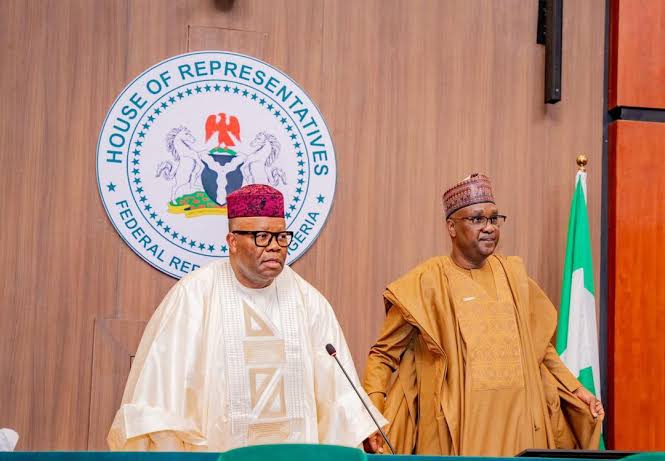As the National Assembly resumes plenary sessions after weeks of recess, lawmakers are racing against time to deliver on critical bills that are essential to democratic governance.
With nearly 50% of its legislative calendar gone, the National Assembly has barely 34 days remaining to cross the middle threshold of its legislative lifespan, and it still has a lot of critical legislation unattended.
Electoral Act Amendment
The Senate will review the Electoral Act 2022, focusing on bills that aim to consolidate all elections in one day and address the disenfranchisement of citizens on special duties.
Senator Saliu Mustapha’s bill proposes same-day elections to reduce the cost of elections, improve efficiency, and enhance political participation.
Another bill, sponsored by Senator Abdul Azeez Musa Yar’Adua, seeks to address the disenfranchisement of eligible voters, including INEC officials, security personnel, journalists, and election observers, who are denied their right to vote after being deployed to polling units far from where they registered.
House of Representatives’ Agenda
The House of Representatives will revisit the electronic transfer of results and review the legislative agenda, which includes initiatives related to electoral and constitutional reforms.
Speaker Tajudeen Abbas emphasized the need to strengthen local government autonomy, enhance the independence of INEC and SIECs, and improve the electoral process.
Time-Bound Legislative Processes
The National Assembly is under pressure to accelerate efforts in amending the Electoral Act 2022, with barely 10 months to the deadline for publishing the notice for the 2027 general elections. Lawmakers must work efficiently to conclude the legislative processes and avoid further delays.
Public Expectations
As the National Assembly resumes, Nigerians expect responsible performance and serious attention to time-bound critical bills.
The recent controversy surrounding the State of Emergency in Rivers State and allegations of lawmakers being paid to back the declaration have deepened public distrust.
The National Assembly must demonstrate its commitment to democratic governance and the welfare of Nigerians.








